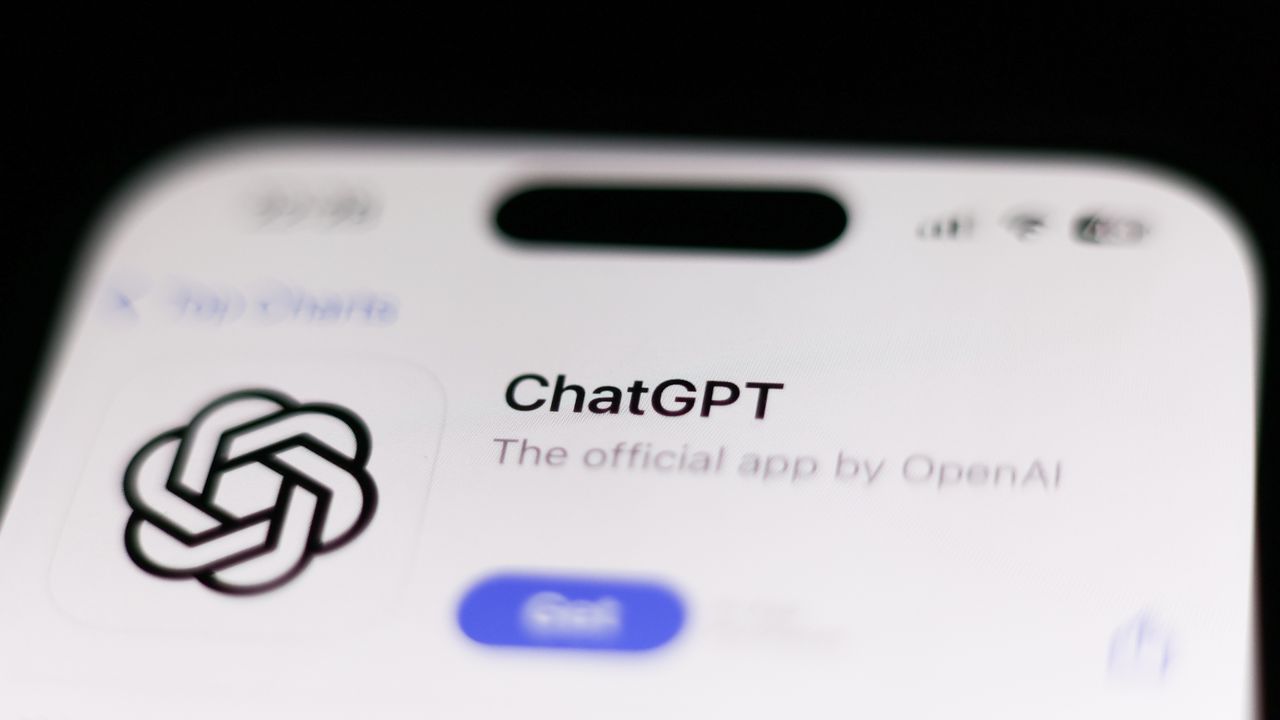
ChatGPT and other LLMs (large language models) are designed to sound like us. Trained on vast amounts of human writing (sometimes scraped without consent), they learned to spot patterns and generate words that feel natural, fluent, and polished – how we would write ourselves.
But something strange may now be happening. These tools aren’t just mimicking our language anymore – they could be reshaping it. The way AI writes is beginning to influence the way we write, even when we’re not using it, but simply because everyone else is.
The new language loop
If you’ve noticed words like “delve”, “realm”, “pivotal” or “meticulous” cropping up more often – or phrases like “the real kicker” and patterns like “it’s not X, it’s Y” – you’re not imagining it.
At first glance, this might just look like more people are outsourcing their writing to ChatGPT. But researchers say there’s more going on here. A recent study from the Max Planck Institute for Human Development found a “measurable and abrupt increase” in words that are preferentially generated by ChatGPT since its release.
As the researchers put it: “Machines, originally trained on human data and subsequently exhibiting their own cultural traits, can, in turn, measurably reshape human culture.” They call this “a closed cultural feedback loop” and warn that it could erode linguistic and cultural diversity.
In other words, where AI once learned from us, now we may be learning from it.
The AI echo chamber
Associate Professor Ritesh Chugh, a socio-tech expert from CQUniversity Australia, calls this the “echo effect.”
“People read AI-generated content so frequently that its vocabulary and phrasing echo back in their own writing and speech,” he explains. “Words such as ‘realm’ or ‘pivotal’ reappear not because people deliberately copy AI, but because exposure makes them feel natural and familiar.”
This doesn’t stop at writing. Chugh says: “Expressions like ‘it is pivotal to note’ or ‘in today’s landscape’ are now heard aloud, reflecting how written patterns spill over into oral communication.”
What’s happening here isn’t about people consciously parroting AI; it’s simply how our brains work.
“Our brains repeat what we see often. Constant exposure to AI-generated phrases makes them feel natural and easy to recall,” Chugh says.
That recall shows up everywhere. In blog posts, reports, and meetings, especially on LinkedIn. Over time, it seems like these AI-tinged phrases are the “right” way to communicate.
“Socially, people want to match what looks ‘professional’, so they unconsciously copy AI’s tone,” Chugh explains. “This creates a feedback loop: AI sets the style, people echo it, and the cycle continues.”
Losing our voices
On the surface, this may seem harmless. So what if we all say “pivotal” a bit more often?
The problem is that if AI-generated language becomes the dominant voice online, we risk narrowing our linguistic diversity until everything starts to sound the same. Because AI-generated text is designed to appear smooth, neutral, and professional, it tends to iron out quirks, regional flavours, and originality.
So writing gets boring, and the messiness of human expression is replaced by the same machine-polished tone.
The good news is we’re not powerless. “The best defence is conscious variety,” Chugh says. “Swap buzzwords for simpler words, read more human writing, and value quirks in your own style.”
He also recommends something I strongly agree with: always write a first draft in your own voice before turning to AI for editing and proofreading. Even then, you’ll need to carefully read what it produces.
“When you spot overused phrases, avoid them,” Chugh adds. “Your originality is what keeps your writing human.”
This shift may be inevitable, especially considering that the echo effect creeps in without us realizing it. But our voices are worth protecting. The machines should be echoing us, not speaking for us.

